Electric vehicles (EVs) and hybrids are both popular choices for environmentally conscious drivers, but they experience depreciation differently. Understanding these differences can help potential buyers make informed decisions. Factors such as initial purchase price, battery life, market demand, technological advancements, and government incentives all play crucial roles in determining a vehicle’s depreciation rate.
Initial Purchase Price and Its Impact on Depreciation
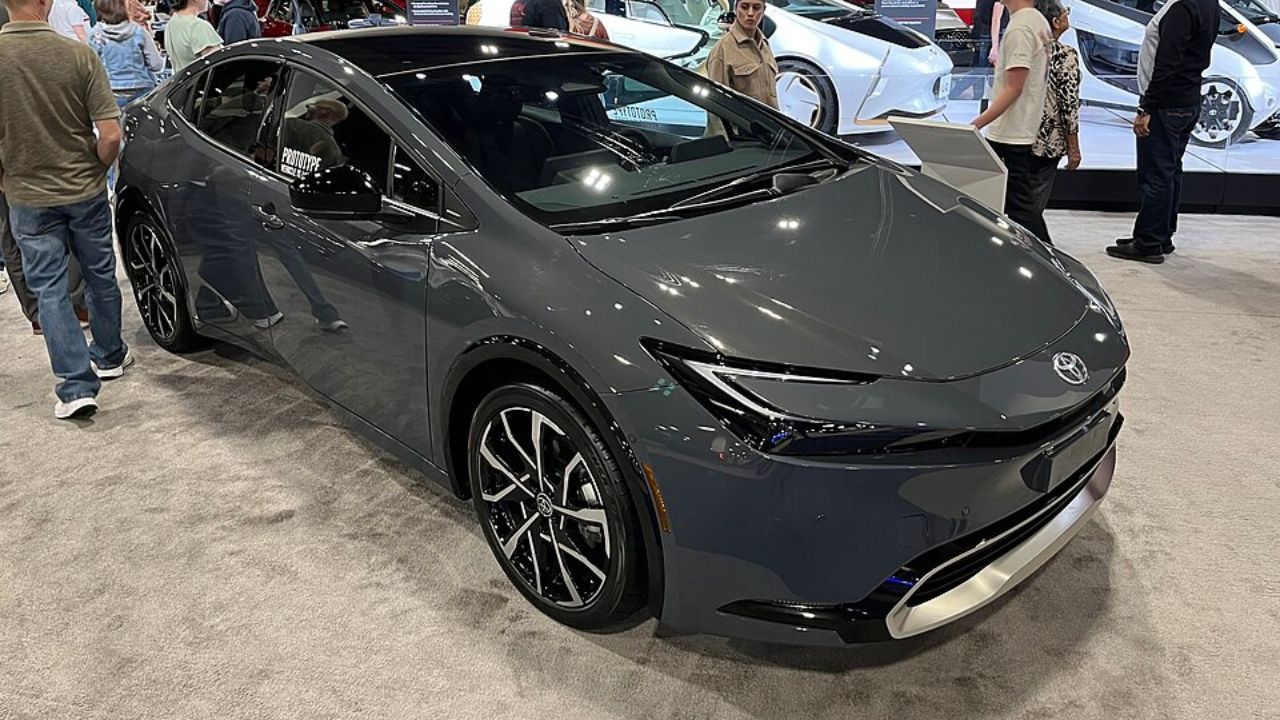
When it comes to initial purchase price, EVs can often be more expensive than their hybrid counterparts. For instance, the 2023 Tesla Model 3, with its sleek design and cutting-edge technology, is priced higher than many hybrids like the 2023 Toyota Prius. This higher initial cost can lead to steeper depreciation, as the car loses value from a higher starting point. However, the depreciation rate can vary based on factors such as brand reputation and consumer perception of value.
Hybrids like the 2022 Hyundai Ioniq generally have a lower starting price, which can result in a slower depreciation curve. The lower entry cost can make hybrids more appealing to budget-conscious buyers, potentially stabilizing their resale values. Ultimately, the initial purchase price sets the stage for how the vehicle’s value will change over time.
Battery Life and Replacement Costs
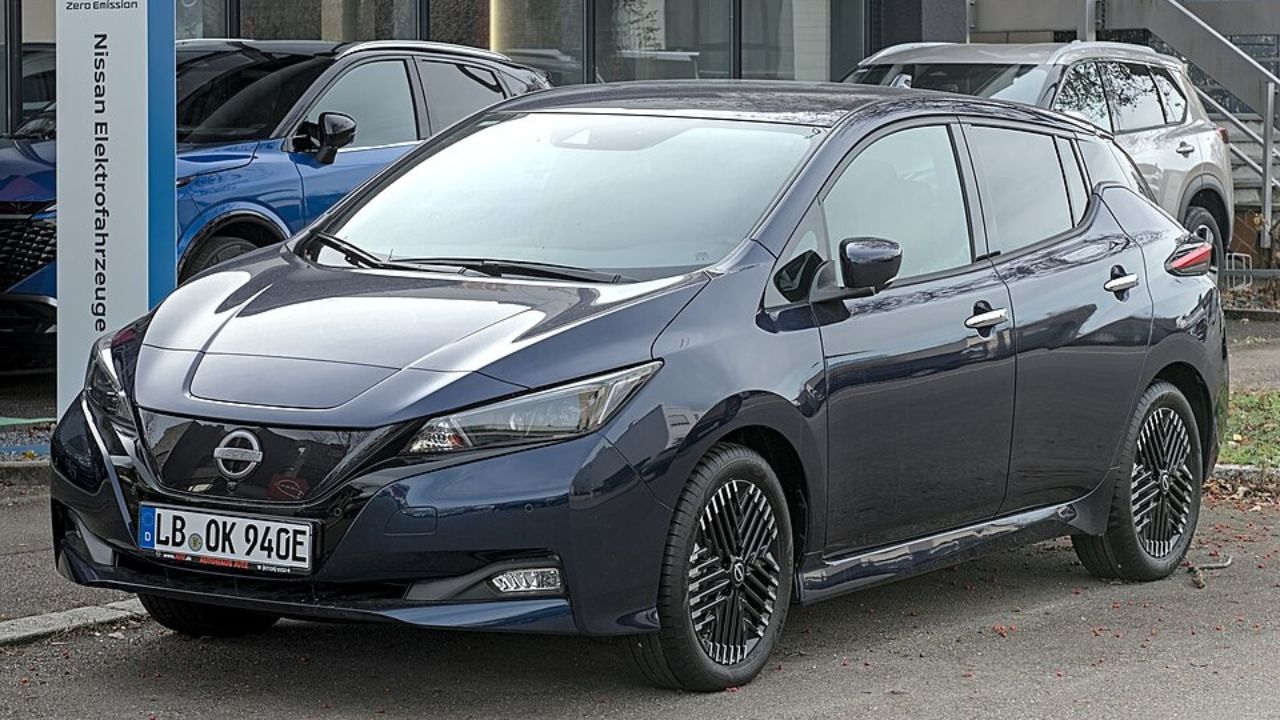
The longevity and performance of a vehicle’s battery are significant factors in depreciation. EVs such as the 2024 Nissan Leaf depend heavily on battery health, as replacement costs can be substantial. A well-maintained battery can extend the vehicle’s lifespan and reduce depreciation, but concerns about battery degradation can deter potential buyers, affecting resale value.
In contrast, hybrids like the 2021 Honda Accord Hybrid typically rely on smaller batteries that supplement a gasoline engine, reducing the likelihood of costly replacements. This can make hybrids more attractive in the used car market, potentially leading to slower depreciation. Buyers should consider battery warranties and replacement costs when assessing long-term value.
Market Demand and Resale Value
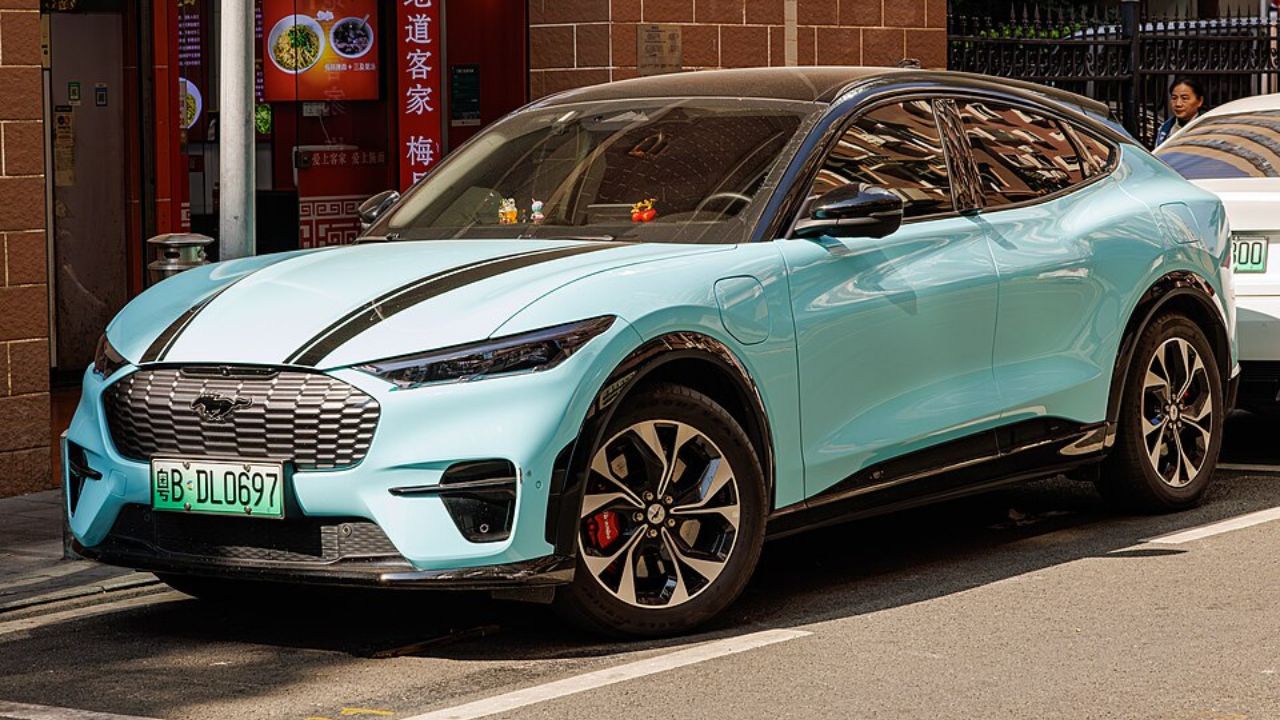
Market demand plays a pivotal role in a vehicle’s resale value. The 2025 Ford Mustang Mach-E, for instance, is an EV that benefits from high demand due to its performance and brand appeal, which can help stabilize its depreciation rate. Strong demand can boost resale value, making it easier to sell the vehicle at a favorable price.
Hybrids like the 2020 Toyota Camry Hybrid also enjoy steady demand, particularly among buyers seeking fuel efficiency without range anxiety. Consistent demand can reduce depreciation, as these vehicles maintain a solid presence in the market. Understanding market trends can offer valuable insights into future resale potential.
Technological Advancements and Obsolescence
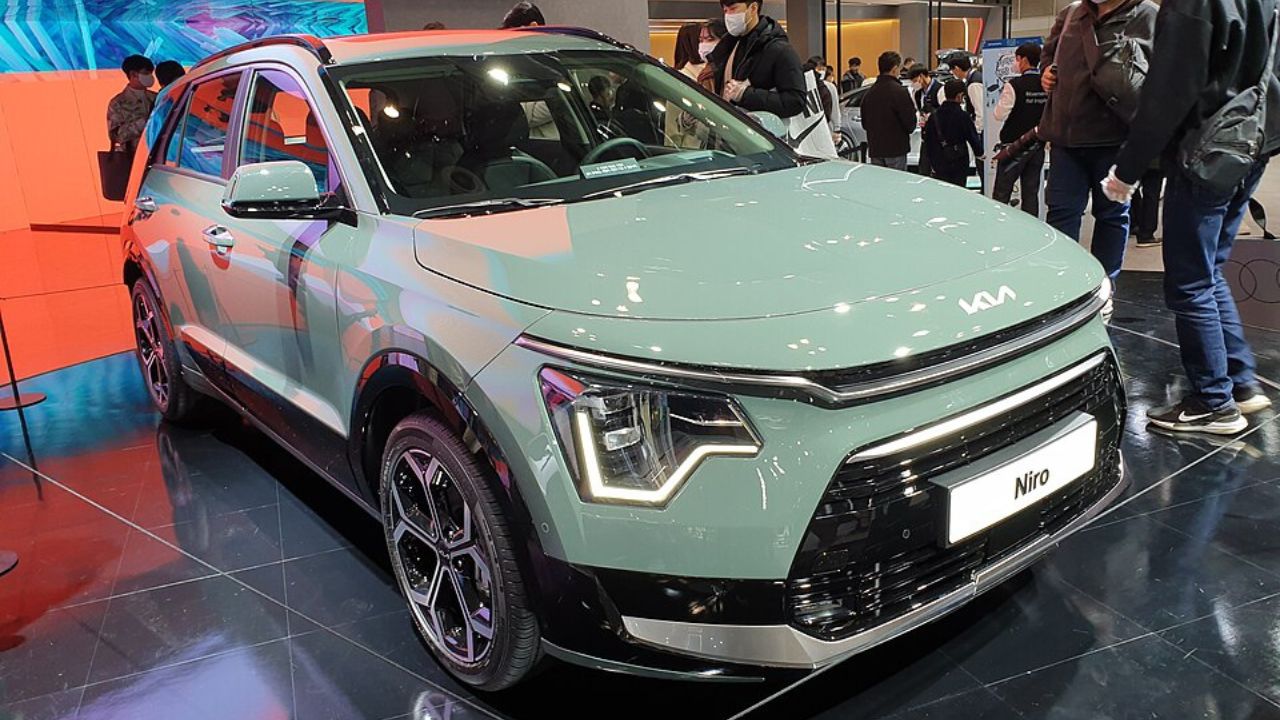
Rapid technological advancements can impact how quickly a vehicle becomes obsolete. The 2026 Lucid Air is an EV that showcases the latest innovations, which can make older models less appealing and accelerate depreciation. As technology evolves, buyers may prefer newer models with enhanced features, affecting the resale value of older vehicles.
Hybrids, such as the 2021 Kia Niro Hybrid, tend to experience slower technological shifts, which can help them maintain value over time. Incremental improvements in hybrid technology may not render older models obsolete as quickly, offering a degree of stability in depreciation. Staying informed about technological trends can help buyers anticipate changes in vehicle value.
Government Incentives and Their Influence on Depreciation Rates
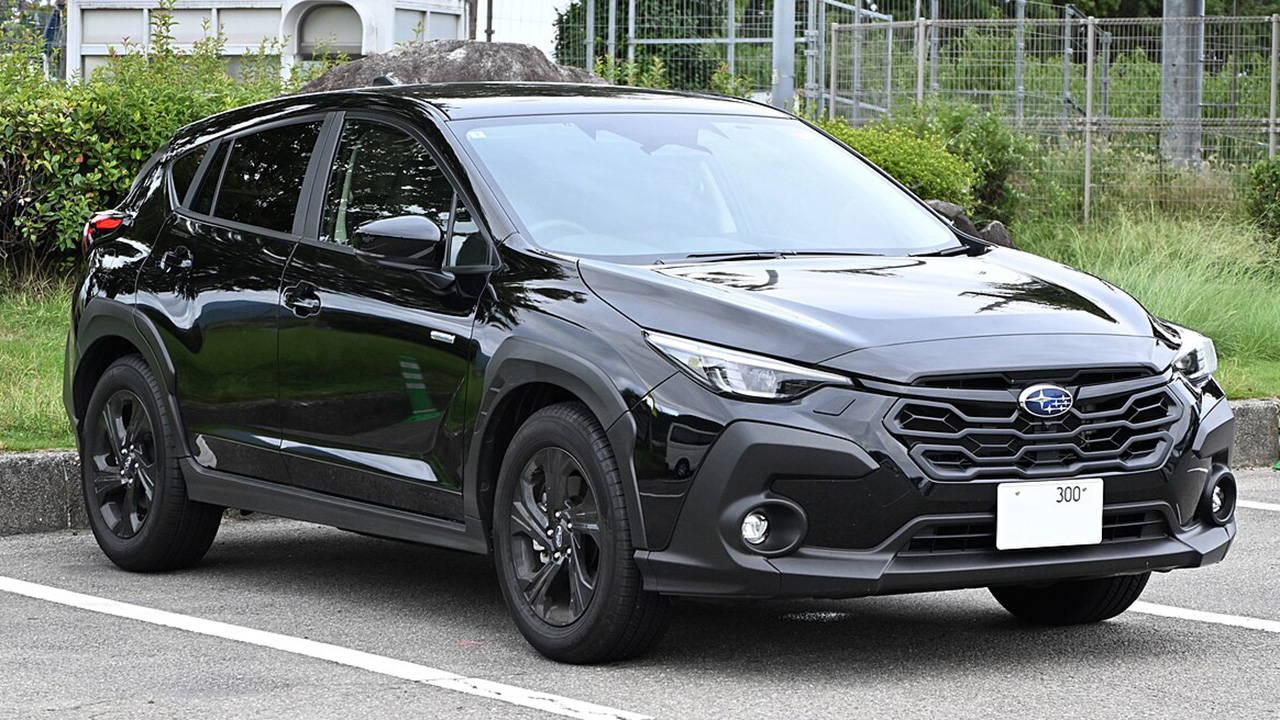
Government incentives can significantly influence depreciation rates for EVs and hybrids. Incentives can enhance the perceived value of EVs, encouraging more consumers to consider electric options.
Hybrids, like the 2022 Subaru Crosstrek Hybrid, may also qualify for incentives, although they are typically less generous than those for EVs. These incentives can still play a role in maintaining resale value by increasing demand. Understanding available incentives can help buyers assess the long-term financial implications of their purchase.
Like Fast Lane Only’s content? Be sure to follow us.
Here’s more from us:
*Created with AI assistance and editor review.

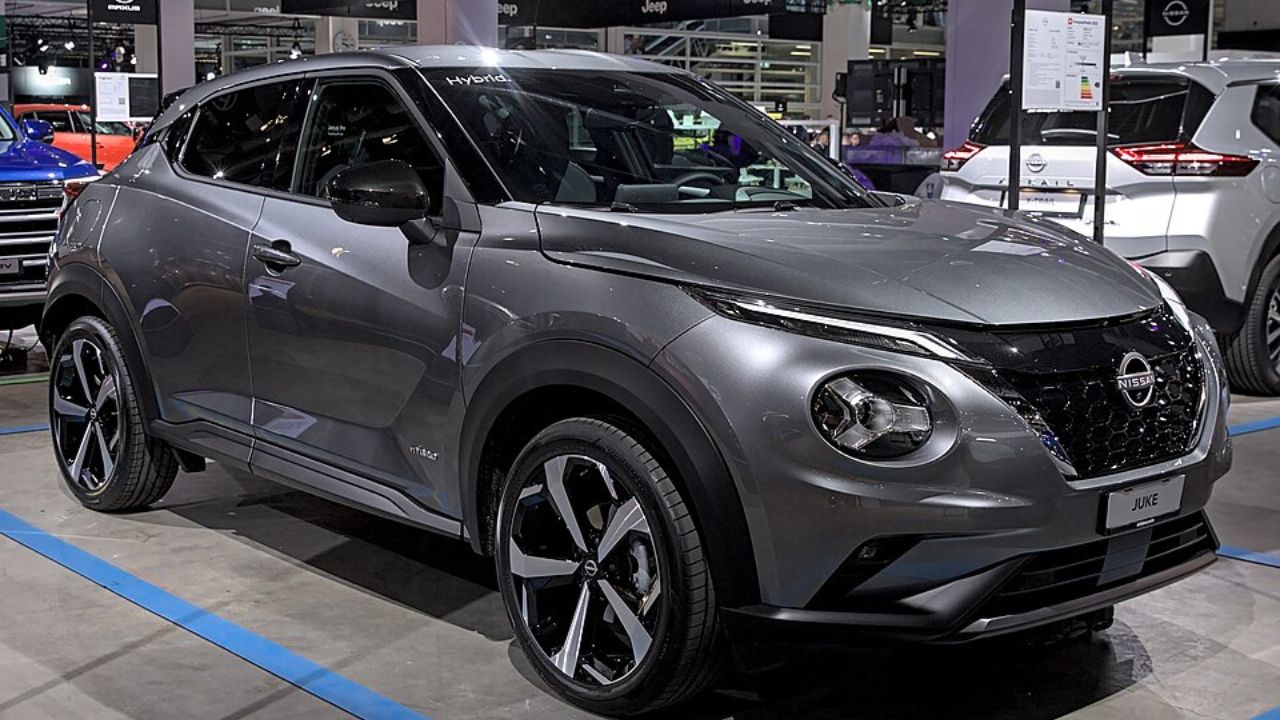



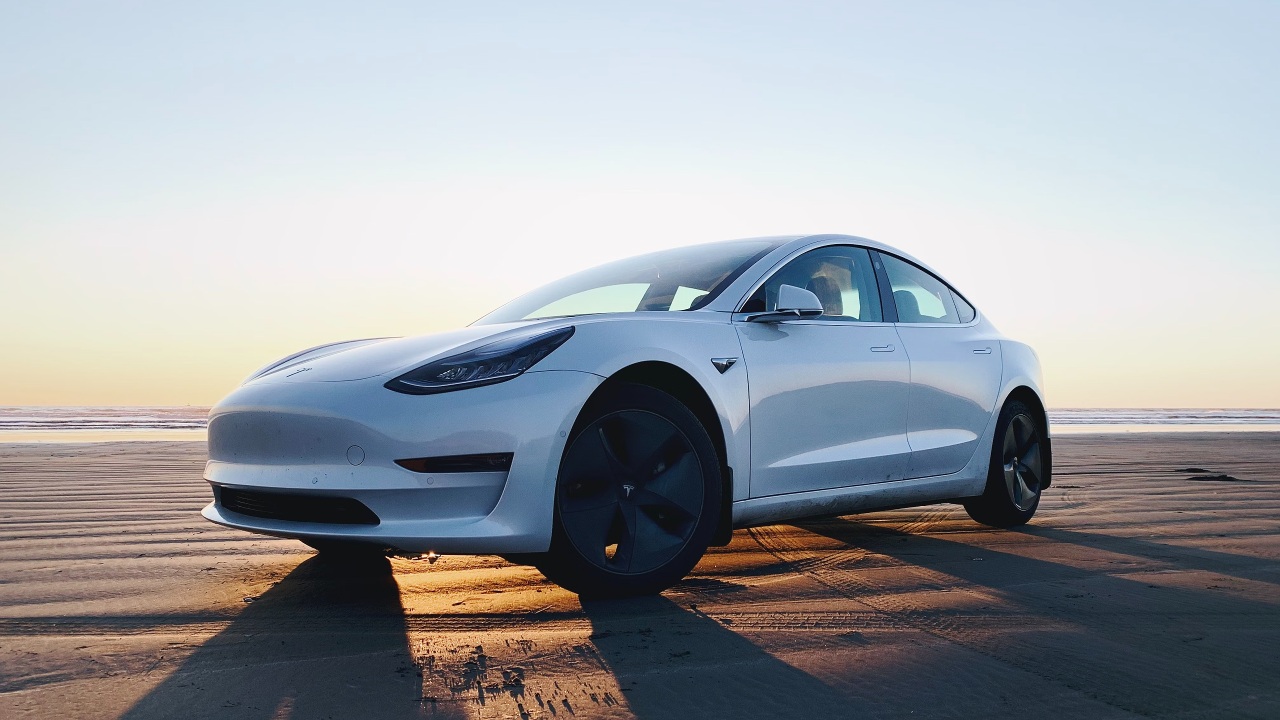

Leave a Reply